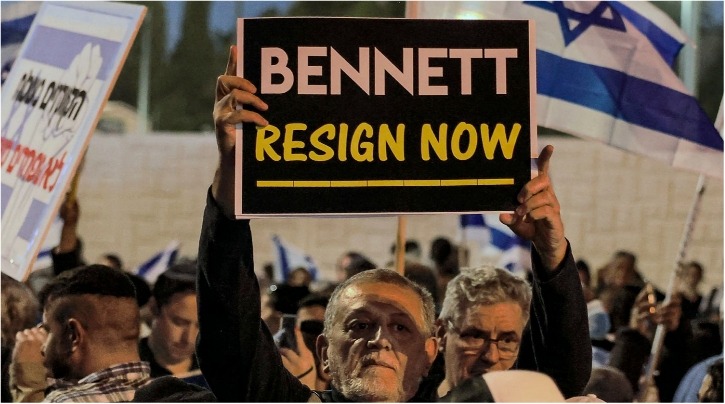
In Israel, the controversy surrounding Prime Minister Benjamin Netanyahu’s proposed judicial reform has reached a critical point. The reform would significantly diminish the powers of the Supreme Court and substantially extend the authority of the government. This move has sparked widespread resistance, including from parts of the military, and some analysts are warning of the potential for civil war in extreme cases.
The proposed judicial reform has been met with widespread opposition from legal experts, human rights organizations, and civil society groups. They argue that the changes would undermine the independence of the judiciary and erode the rule of law in Israel. The reform would give the government significant control over the appointment of judges, the budget of the judiciary, and the selection of cases to be heard by the court. It would also curtail the court’s ability to strike down laws passed by the government, which many see as a cornerstone of Israeli democracy.
Netanyahu’s right-wing religious government argues that the proposed reform is necessary to restore balance between the legislative and judicial branches of government. They argue that the Supreme Court has overstepped its bounds in recent years, blocking government policies that are democratically supported by the majority of Israelis. The government has also claimed that the reform would make the court more accountable to the public and more representative of the country’s diverse population.
The debate over the proposed reform has become highly charged and politicized, with both sides accusing the other of threatening Israeli democracy. The resistance to the reform has also spread to the military, with some senior officers publicly expressing their opposition. This development is significant because the military has traditionally been seen as a unifying force in Israeli society, and any division within its ranks could have serious consequences.
The possibility of civil war is a real concern for many Israelis. While the country has a strong democratic tradition and a robust legal system, it is also a highly polarized society, with deep-seated divisions over issues such as religion, ethnicity, and politics. The prospect of an escalation in the conflict over the proposed judicial reform could potentially lead to violence, particularly if the military were to become involved.
There is also a risk that the dispute over the judicial reform could exacerbate existing tensions between Israel and its neighbors. The Palestinian issue remains a significant source of friction in the region, and any internal conflict in Israel could have a destabilizing effect on the wider Middle East.
Despite the high stakes involved, there is no easy solution to the current impasse. The government appears determined to press ahead with its proposed reform, and the opposition shows no signs of backing down. The situation is further complicated by the fact that Israel is currently facing a political deadlock, with no party able to form a stable government following the recent elections.
